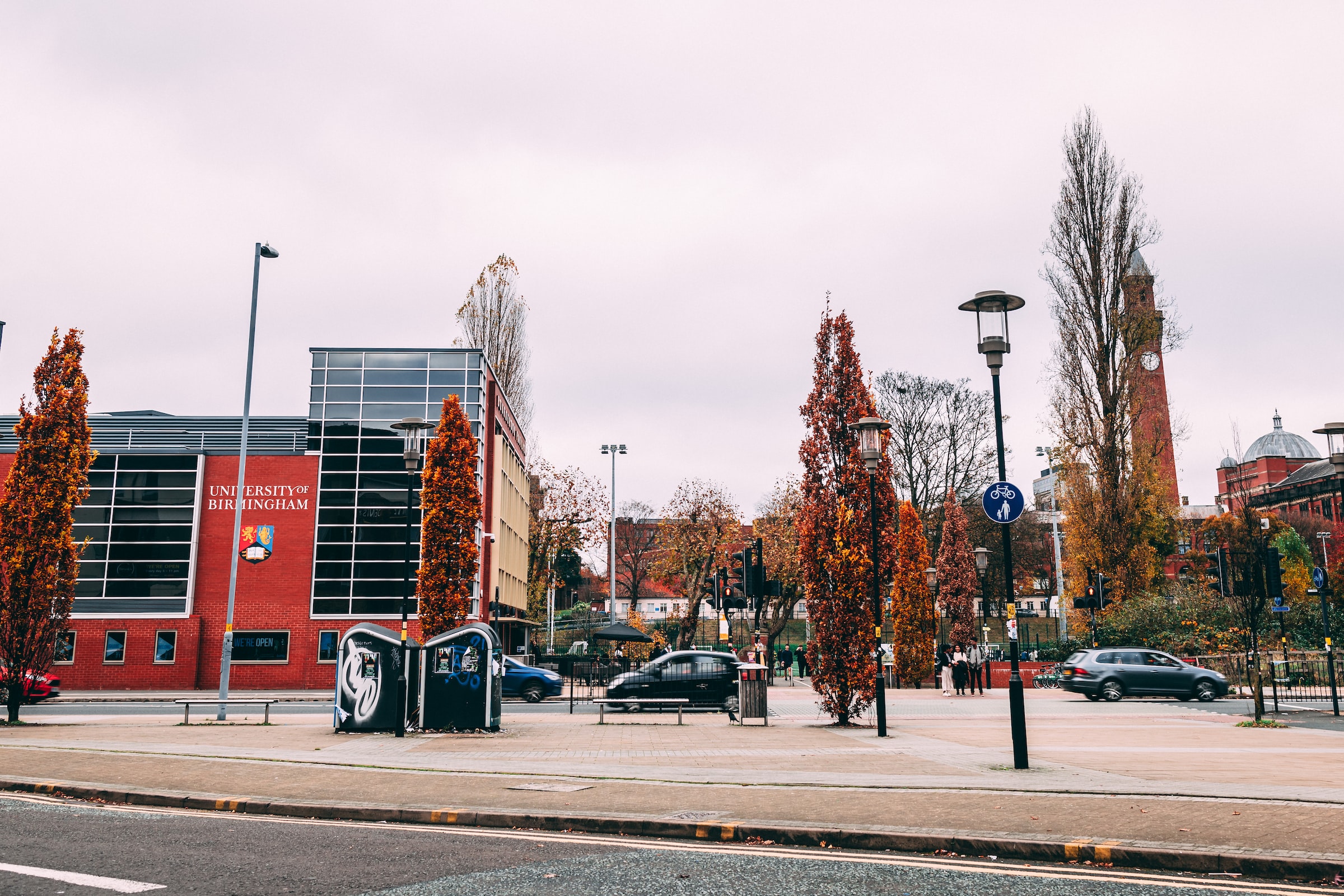
Comment Writer Danielle Murinas discusses the widespread issue of racial profiling in Britain, arguing that the tactic of ‘stop and search’ is racially motivated
George Floyd’s murder at police officer Derek Chauvin’s hand has magnified an ongoing conversation about the issues of race and the treatment of black people in society. Although the Black Lives Matter movement was officially founded in 2013, there has been an amplified conversation about the need for societal change. A wealth of educational material has been made more available, and we have seen a more focused conversation concerning how black people are treated by institutions. The issue of black profiling has quite rightly taken a central focus in the conversation, and the general experience of black individuals in relation to the police forces.
With George Floyd’s murder taking place in America, and not Britain, there have been arguments suggesting that racism is not an urgent issue in the United Kingdom. This is not a new argument, but one that influences that way people think about black people in Britain. If people are under the impression that there is no issue to tackle, then the steps needed to ensure equality will be unreachable.
If people are under the impression that there is no issue to tackle, then the steps needed to ensure equality will be unreachable
But when considering racial profiling in Britain, and the practice of ‘stop and search’ within the police force, it provides damning evidence of racialised practices within Britain. There have been a number of reports of successful, high profile black people being subjected to degrading comments and experiences motivated by their skin colour. Edward Enninful, who has been editor-in-chief of British Vogue for the past three years, was told to ‘use the loading bay’ by an on-duty security guard. This came on an ordinary day when Enninful arrived for work, for a job that is a credit to his hard work and success. Gold medallist Bianca Williams was too victim to a stop and search in early July. Williams was accompanied by her husband and baby son and was pulled over by Metropolitan police. When describing the incident Williams explained that she thinks they were ‘targeted’ due to being black and driving an expensive car. Although British Vogue swiftly removed said security guard, and the Met apologised to Ms. Williams, it does emphasise that racialised actions are not isolated in America, but exist within Britain as well.
This is only a snippet of black people’s negative experiences within Britain and informs us of a more deep-seated issue than some would believe. Governmental figures on stop and search provide further evidence of the widespread racialised profiling within this country. Between April 2018 and March 2019, on average, four people for every one thousand white people were stopped and searched, compared to the catastrophic figure of thirty-eight per thousand for black people. These figures show a very clear discrepancy, with only one discernible difference: race. This issue has been particularly magnified during the lockdown in London, with police stop and searches increasing for young people. Black men between fifteen and twenty-four were stopped and searched by police more than 20,000 times between March and May, equalling a quarter of the total population of the concerned demographic.
Importantly, it seems only a small percentage of these racially motivated stop and searches will be reported on, as the majority happen to ordinary people who are simply going about their daily lives. The experiences of Enninful and Williams were perhaps only reported on after the fact due to their high profiled positions. Though it is good experiences such as this are being reported on, it is sadly a drop in the ocean compared to the real problem, and the majority of cases will not result in an apology or admission of wrongdoing.
The experiences of Enninful and Williams were perhaps only reported on after the fact due to their high profiled positions
However, personal testimonies such as this, accompanied by hard statistics do paint a picture of a practice that needs changing. Racism is not simply an issue isolated to America, nor is the horrifying ordeal of racial profiling. As a white woman I cannot pretend to understand how this experience must feel, nor can I comprehend the anxiety which may come from knowledge of the existence of racial profiling and stop and searches. But that does not mean that I and fellow white people should sit back and watch as this happens. First and foremost must come the acknowledgment of racist practices within this country, as it is only then can we work to eradicate them. The abolition of such practices can only come when institutions such as police forces accept their hand in racial profiling and change their training and education of officers to be more mindful of their behaviour. For others like myself, it is important to educate oneself and use resources that will help you understand the history behind black people’s experience, and help to dismantle assumptions that are unfortunately rooted within society. Only then can society work towards ending a stigma that has prejudiced a demographic in numerous ways, all of which must stop.
________________________________________________________________________________________________________________
Like this story? See below for more from Comment:
Protesters vs Sunseekers: A Social Media Reaction Indicative of Systemic Racism
Blackface and Sex: How Blackface is Rooted in White Male Fragility
Comments